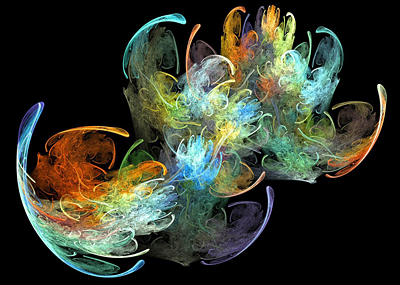Published on April 27, 2012, by Paula J. Caplan in the Washington Post
About a year ago, a young mother called me, extremely distressed. She had become seriously sleep-deprived while working full-time and caring for her dying grandmother every night. When a crisis at her son’s day-care center forced her to scramble to find a new child-care arrangement, her heart started racing, prompting her to go to the emergency room.
After a quick assessment, the intake doctor declared that she had bipolar disorder, committed her to a psychiatric ward and started her on dangerous psychiatric medication. From my conversations with this woman, I’d say she was responding to severe exhaustion and alarm, not suffering from mental illness.
Since the 1980s, when I first made public my concerns about psychiatric diagnosis, I have heard from hundreds of people who have been arbitrarily slapped with a psychiatric label and are struggling because of it. About half of all Americans get a psychiatric diagnosis in their lifetimes. Receiving any of the 374 psychiatric labels — from nicotine dependence disorder to schizophrenia — can cost anyone their health insurance, job, custody of their children, or right to make their own medical and legal decisions. And if patients take psychiatric drugs, they risk developing physical disorders such as diabetes, heart problems, weight gain and other serious conditions. In light of the subjectivity of these diagnoses and the harm they can cause, we should be extremely skeptical of them.
 Psychiatric diagnosis is unregulated, so the doctor who met briefly with the aforementioned patient wasn’t required to spend much time understanding what caused her heart to race or to seek another doctor’s opinion. If he had, the patient would have realized that her bipolar diagnosis wasn’t necessary or appropriate. Neither on her ER trip nor in later visits to therapists did anyone explain how sleep deprivation impairs the body’s ability to handle pressure.
Psychiatric diagnosis is unregulated, so the doctor who met briefly with the aforementioned patient wasn’t required to spend much time understanding what caused her heart to race or to seek another doctor’s opinion. If he had, the patient would have realized that her bipolar diagnosis wasn’t necessary or appropriate. Neither on her ER trip nor in later visits to therapists did anyone explain how sleep deprivation impairs the body’s ability to handle pressure.
In our increasingly psychiatrized world, the first course is often to classify anything but routine happiness as a mental disorder, assume it is based on a broken brain or a chemical imbalance, and prescribe drugs or hospitalization; even electroshock is still performed.
According to the psychiatrists’ bible, the Diagnostic and Statistical Manual of Mental Disorders (DSM), which defines the criteria for doling out psychiatric labels, a patient can fall into a bipolar category after having just one “manic” episode lasting a week or less. Given what this patient was dealing with, it is not surprising that she was talking quickly, had racing thoughts, was easily distracted and was intensely focused on certain goals (i.e. caring for her family) — thus meeting the requisite four of the eight criteria for a bipolar diagnosis.
Continued here


That’s what I was looking for. Added this blog to my favorites.